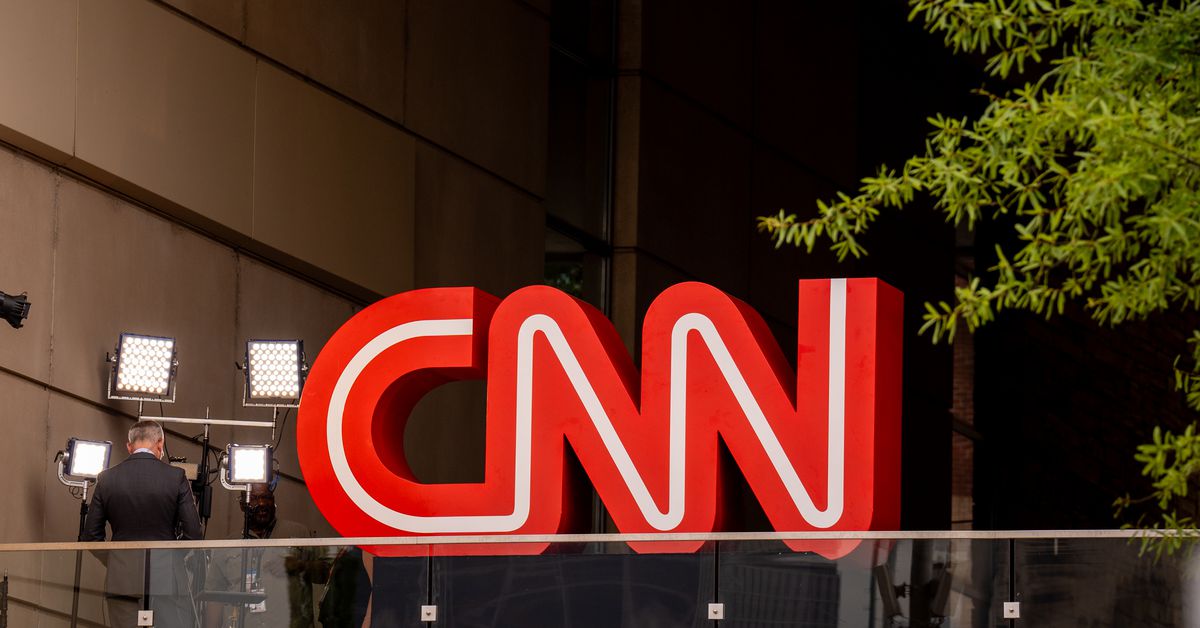Our Samsung Galaxy Unpacked live coverage may have wrapped up, but we’re still feeling the excitement of seeing the new Samsung Galaxy S25, S25 Plus, S25 Ultra, and all-new S25 Edge revealed unto the world.
The new flagship Galaxy lineup brings with it a handful of upgrades for each of the three models, with increased RAM, new AI tools, and the blazing-fast Qualcomm Snapdragon 8 Elite chipset.
One of the upgrades that caught my eye during the livestream was the announcement of a new storage tier for the baseline S25, which now comes in a 512GB storage option in addition to the existing 128GB and 256GB variants – but, for some reason, not in the US.
The 512GB storage tier was previously limited to the Samsung Galaxy S24 Plus and S24 Ultra. But this small change gives UK and Australia-based customers a lot more flexibility when it comes to finding the right sizing and storage capacity for them.
The S25 Plus measures 6.7 inches diagonally, so getting more storage previously meant picking up a rather large phone. Keen photographers, gamers, or long-term users who prefer a smaller Galaxy phone now have the option of carrying around half a terabyte of storage in the form of the 6.2-inch S25.
At £959 / AU$1,599, I actually think this high capacity handset is very reasonably priced. It certainly undercuts the 512GB model of the iPhone 16, which comes in at a hefty $1,099 / £1,099 / AU$1,949. Overall, a very pro-consumer choice – good job, Samsung.
However, part of me thinks Samsung could have gone a little further with this year’s baseline Galaxy flagship when it comes to storage. Though it may seem crazy to say to those of us who can remember the days of 16GB being the default, I think we’re getting close to the logical end of the 128GB default.

With generative AI offering new ways to create different types of content, and phone makers continuing to focus on high-resolution mobile photography, users have more ways to fill up their storage than ever before. This, combined with the deflation of component prices over time should, in my opinion, spell the end of 128GB flagships sooner rather than later.
Though still enough space for light to medium users, the baseline S25’s 128GB storage option now sticks out like a sore thumb in the company’s lineup. I’d love to have seen Samsung push forward and break this standard before it becomes noticeably outdated.
Of the ‘big three’ phone makers – Apple, Samsung, and Google – Samsung is especially renowned for fitting its phones with high-spec components. A higher standard storage would’ve given the S25 an edge over the Pixel 9 and iPhone 16, both of which sport 128GB as standard and both of which won’t be upgraded until much later in the year.
Still, I’m happy with the lineup we’ve got – as mentioned, this is one of the most competitively priced baseline flagships on the market, and if raising the standard storage tier would incur a price hike then perhaps keeping it steady was the right move. And those who pre-order an S25-series phone get a storage upgrade on the house anyway, doubling your storage for no extra cost.
Our Samsung Galaxy Unpacked live blog is winding down, but for a rundown of the events be sure to check out our Samsung Galaxy Unpacked recap. And for our initial impressions of the new Galaxy phones, be sure to check out our hands-on Samsung Galaxy S25 review, hands-on Samsung Galaxy S25 Plus review, and hands-on Samsung Galaxy S25 Ultra review.





























You must be logged in to post a comment Login